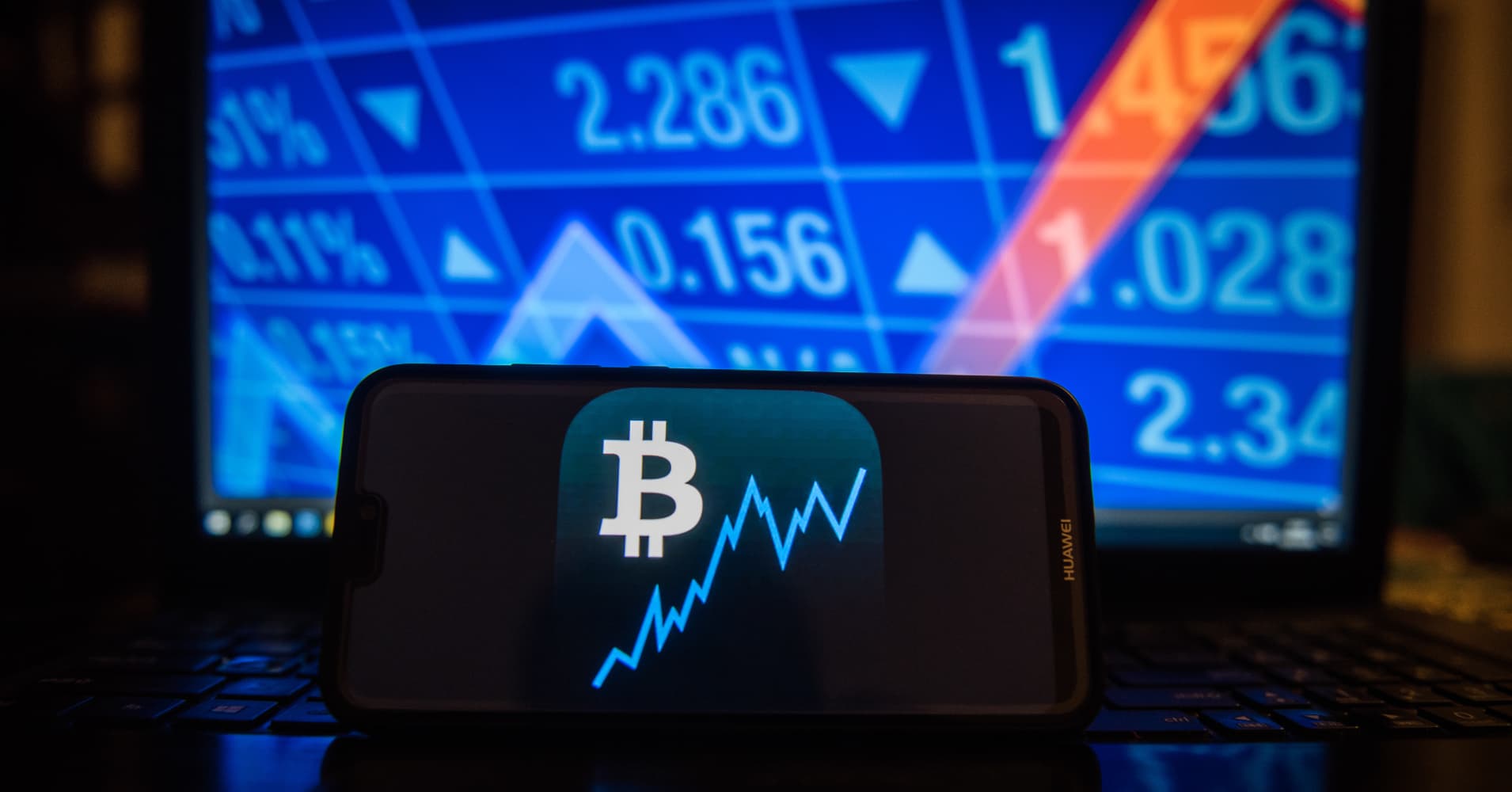
It was the first day of freshmen year at Penn State’s State College campus, and along with bed sheets, clothing and books, Patrick Cines had an unusual looking computer. He did not plan to write term papers or do research on it.
Instead, Cines planned on using it to make money while he was out experiencing campus life.
“I had basically a box, maybe a foot and a half by a foot and a half tall. It was sitting in, right at the foot of my bed. Had several graphics cards,” said Cines, who graduated Penn State in 2017.
That odd computer box was what is known a cryptocurrency miner, a special machine used to find virtual currency. Cryptocurrency mining is a process used to create digital coins, like bitcoin. Computers are used to solve complex math problems to find coins that can be potentially worth a fortune.
Many currencies require specialized, high powered machines that use large amounts of electricity, and create excess heat.
“It felt like passive income because when you’re at school, when you’re taking an exam or you’re doing your homework, you’re prepping or going to student meetings, it’s still back in your dorm room making money for you,” Cines told CNBC.
But there was a problem…too much heat.
“It was unbearable… I had fans running, I had the window open,” Cines said, describing what it was like when we first plugged his homemade miner in. “The first day I was living there, went to Home Depot, bought some dryer tubes, strapped them to the front, and used that to push all the hot air outside of my room.”
But the heat is not the only issue. Some cryptomining software contains malware that could attack the campus’s network.
“Cryptomining is largely viewed as a nuisance attack because somebody else is downloading malware to a machine you own and using it to make money for themselves,” said Mike Banic, the vice president of marketing at Vectra, a cybersecurity company that makes software to detect mining and other issues.
Be the first to comment